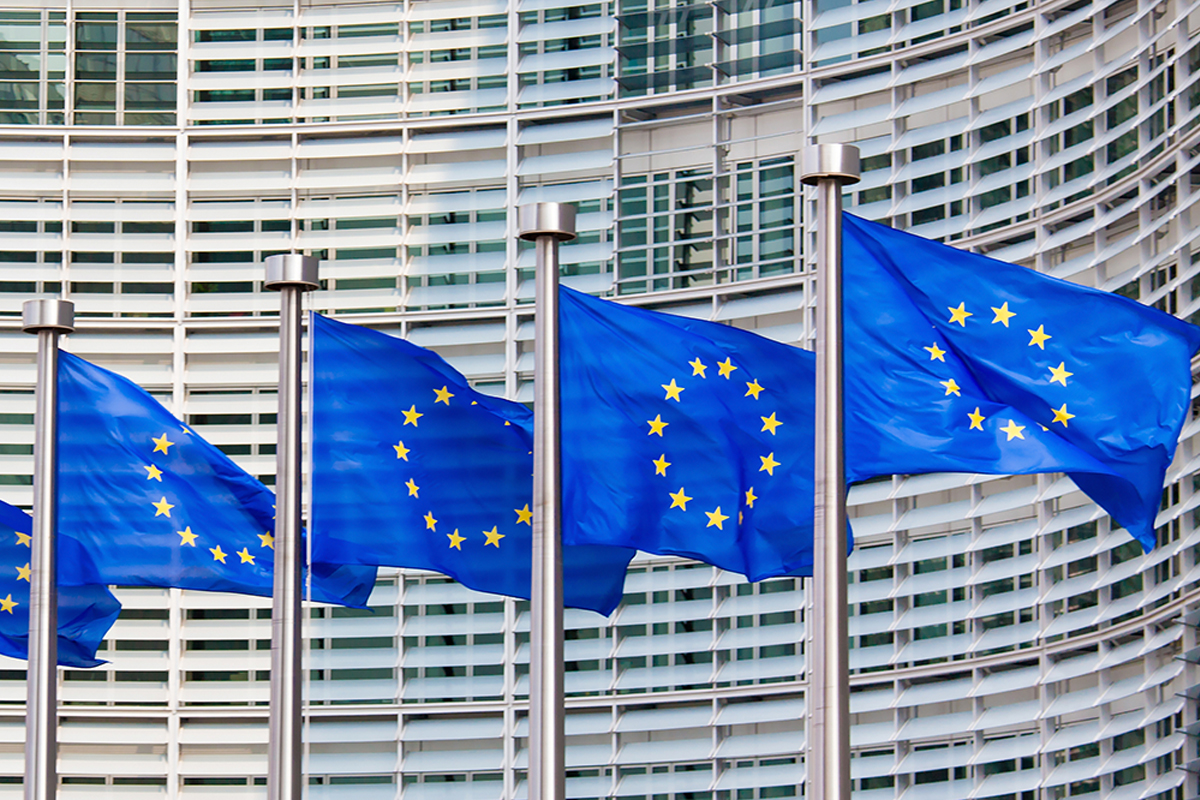Major tech entities like Google, Facebook, and TikTok operating in Europe are about to adapt to a profound regulatory transformation targeting online content.
This week will witness the initial phase of the European Union’s Digital Services Act (DSA) coming into play. The 27-member bloc, known for its stringent stance against tech behemoths, has curated the DSA as part of a comprehensive tech regulatory framework.
By this Friday, major platforms must adhere to the DSA’s intent: safeguarding users from harmful or illegal online content and ensuring privacy, free speech, and other fundamental rights for Europeans.
Platforms could bear financial repercussions in billions for non-compliance, and many have begun to make modifications.
Affected Platforms?
Currently, 19 platforms are on the list, including:
– Social Media: Facebook, TikTok, Twitter, YouTube, Instagram, LinkedIn, Pinterest, Snapchat.
– Online Marketplaces: Amazon, Booking.com, Alibaba’s AliExpress, and Zalando from Germany.
– Search Engines & App Stores: Google’s Search and Play Store, Microsoft’s Bing, and Apple’s App Store.
– Others: Google Maps and Wikipedia.
Any Exceptions?
Platforms with a user base of 45 million or more are subjected to the DSA’s strictest regulations. While platforms like eBay, Airbnb, Netflix, and PornHub are currently not on the list, more platforms may be added in the future. Any digital service catering to Europeans will have to abide by the DSA, albeit with a six-month grace period for smaller entities.
Due to the looming regulations, Meta Platforms postponed the EU launch of its Twitter competitor, Threads.
What’s Changing?
Platforms are introducing features allowing European users to highlight illegal content or suspicious products. Companies are obligated to swiftly and objectively handle these complaints.
Nick Clegg of Meta emphasized that the DSA will reshape the digital experiences of Europeans. Improved reporting tools and greater accessibility for flagging unlawful content are among the forthcoming changes.
Amazon, TikTok, and other platforms have enhanced their reporting mechanisms and provided more clarity on content moderation and advertising policies. The DSA also restricts advertising targeting to vulnerable groups, especially children.
Pushbacks?
Zalando challenges its inclusion in the DSA’s list, even as it introduces content flagging. Amazon too has contested its positioning with an EU court.
Penalties for Non-Compliance?
Companies violating the DSA could face fines of up to 6% of their global turnover or even an EU ban. The emphasis is on ensuring tech giants have appropriate mechanisms in place to mitigate harmful content.
Global Implications?
The EU’s measures might influence global policies. Wikimedia Foundation announced that Wikipedia’s forthcoming policy changes, in response to the DSA, will be implemented worldwide. Similarly, Snapchat’s new reporting protocol will debut in the EU, followed by a global rollout.
According to Sally Broughton Micova from the University of East Anglia, the ripple effect of these regulations will likely be felt worldwide, given the global nature of digital networks and influencer reach.
As the EU’s Digital Services Act takes effect, it not only sets a new benchmark for online platform governance in Europe but also sends ripples across the digital landscape globally. The act underscores the growing global awareness of the need for greater transparency, user safety, and accountability in the digital realm. In a world that’s increasingly reliant on online platforms for everything from commerce to communication, the steps Europe takes today may well shape the digital tomorrow for many around the globe.







